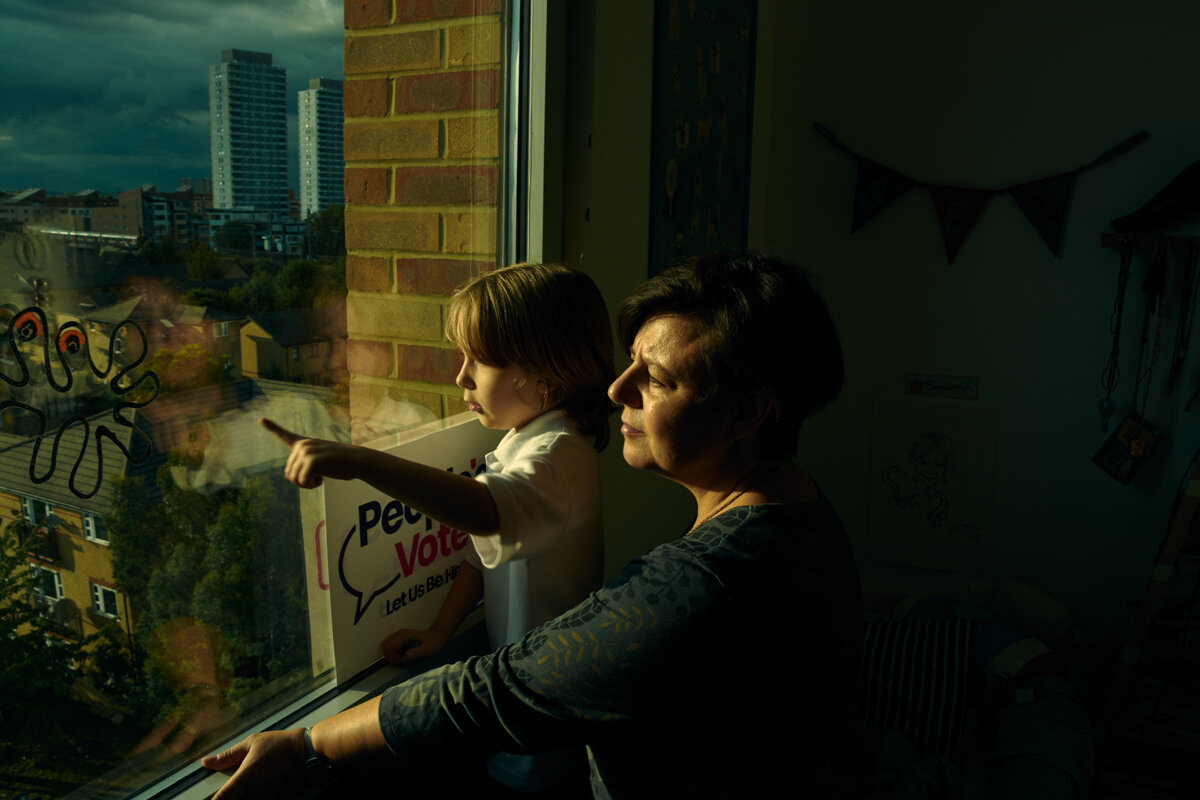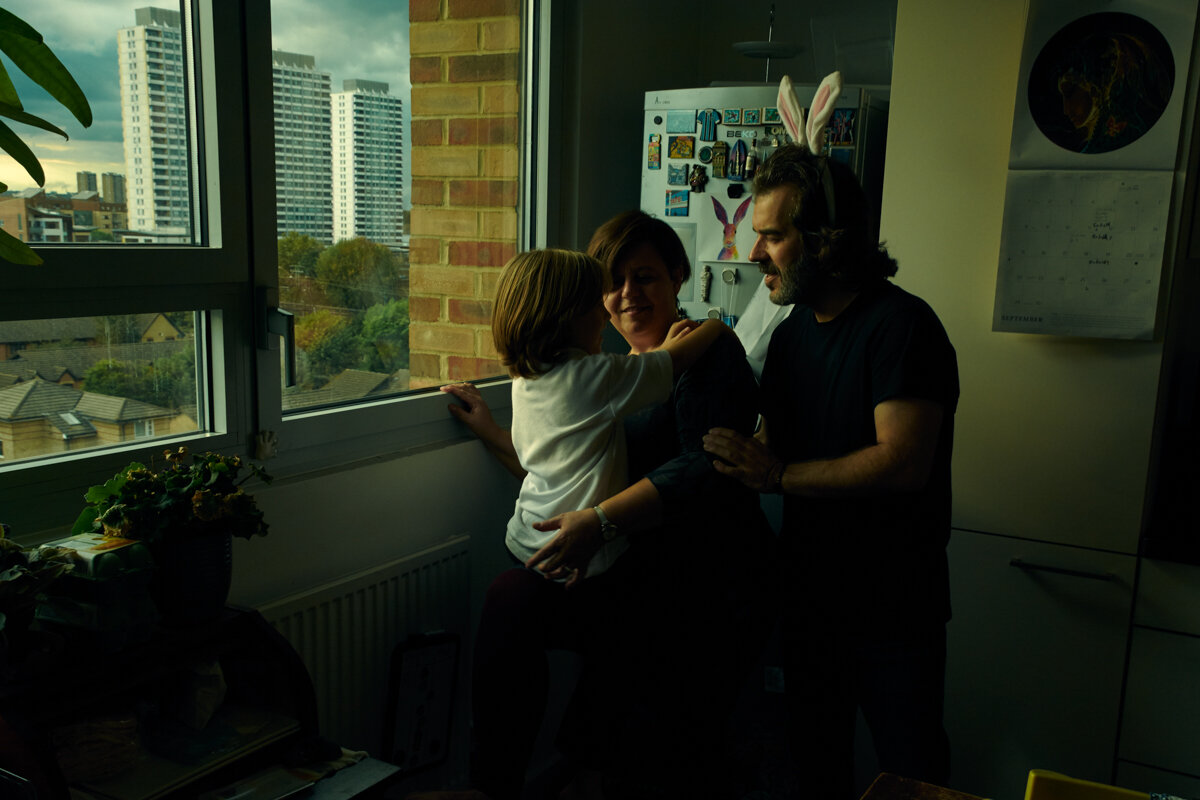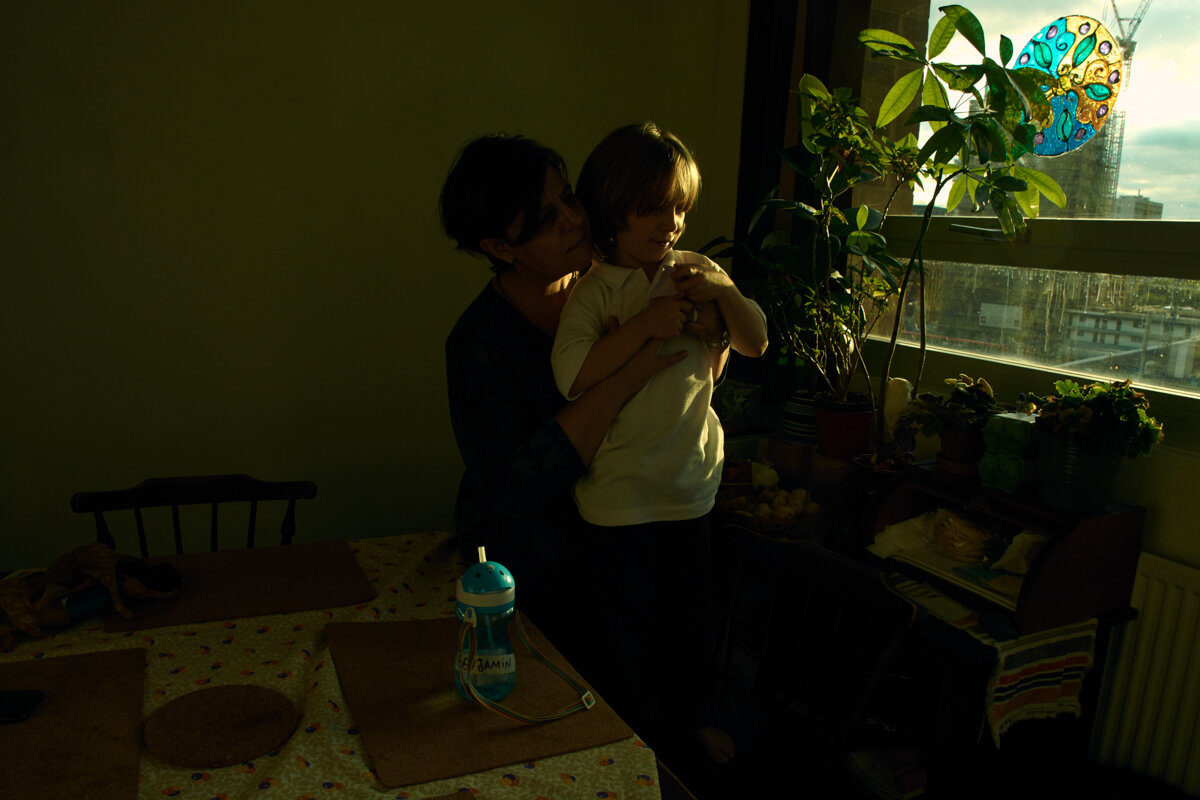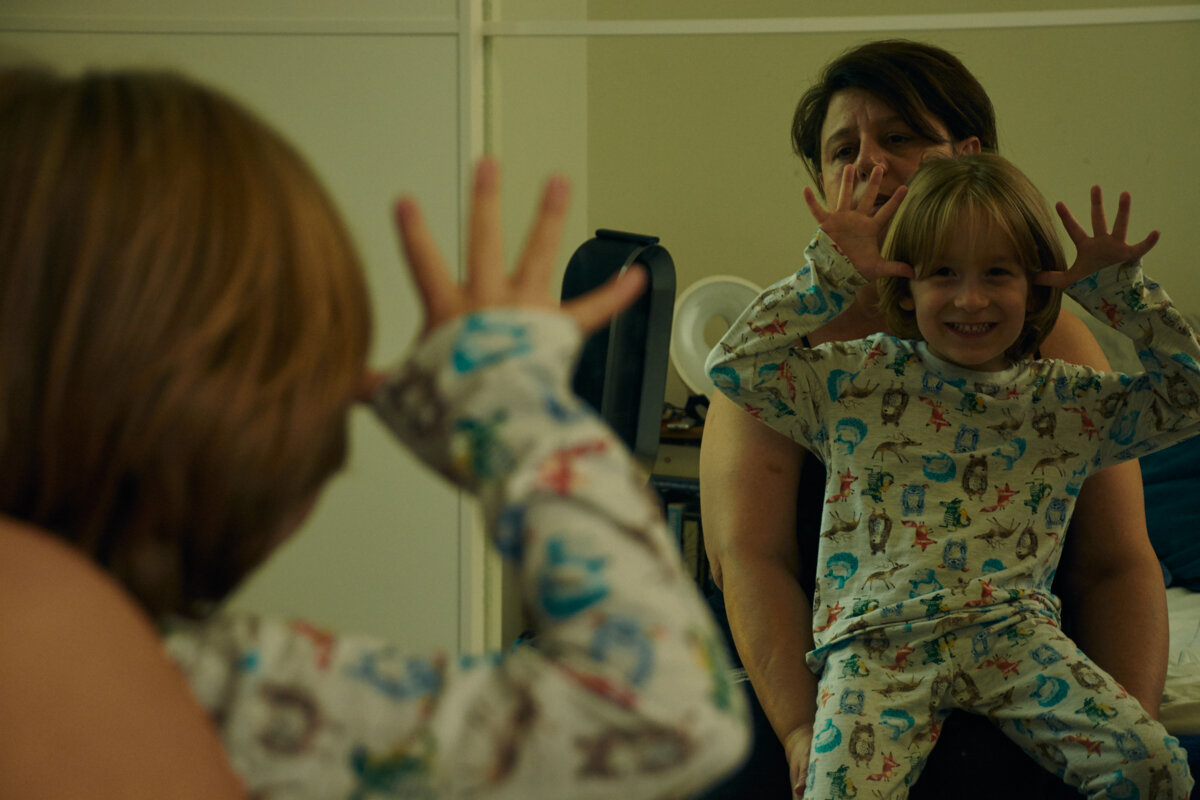Sandy Abdelrahman and I invite you to come along to our weekly workshops to explore identities, sense of belonging and representation through various creative activities and take part in a full-day doll-making workshop! Learn new skills, let your creative juices flow and be part of a lovely community of people who also consider themselves 'Others'. The workshops will take place in Central London on August 16 and August 23, from 6:30 pm to 9 pm, and on a Saturday in September to be confirmed, from 11 am to 5 pm.
You can sign up on this link: www.eventbrite.co.uk/e/383338354337
The workshops consist of a variety of group dynamics and short exercises that will be followed by art-making sessions in which participants will learn how to make dolls from different materials such as fabric, paper and clay. All the pieces created by the participants will form part of a collective artwork that will be exhibited in the future to increase awareness and support for members of the 'Other' ethnic groups in London.
These workshops are aimed at people who consider themselves as 'Others' and who have lived experiences of otherness. All the artworks created during the workshops will take part in a collective exhibition and will be photographed for the social media, website, marketing and impact report of the project.
LOCATION, DATES AND TIMES
Evening Workshops
Dates: August 16 and August 23
Time: 6:30 pm to 9 pm
Location: Marchmont Community Centre, 62 Marchmont St, London WC1N 1AB
Saturday Workshop
Dates: September 3
Time: 11 am to 5 pm
Location: Story Garden, , Ossulston St, Somers Town, London NW1 1DF
Be aware that the workshops will be photographed and short video clips will be taken for marketing purposes.
COVID
In line with current government advice, restrictions due to Covid-19 have been lifted across the UK. Wearing masks is a personal choice. If you are experiencing symptoms or test positive, we would ask you to consider the community and stay at home. We do not have a stock of tests at the venue, but masks and sanitising gel will be available.
Subscribe to my blog posts here!





